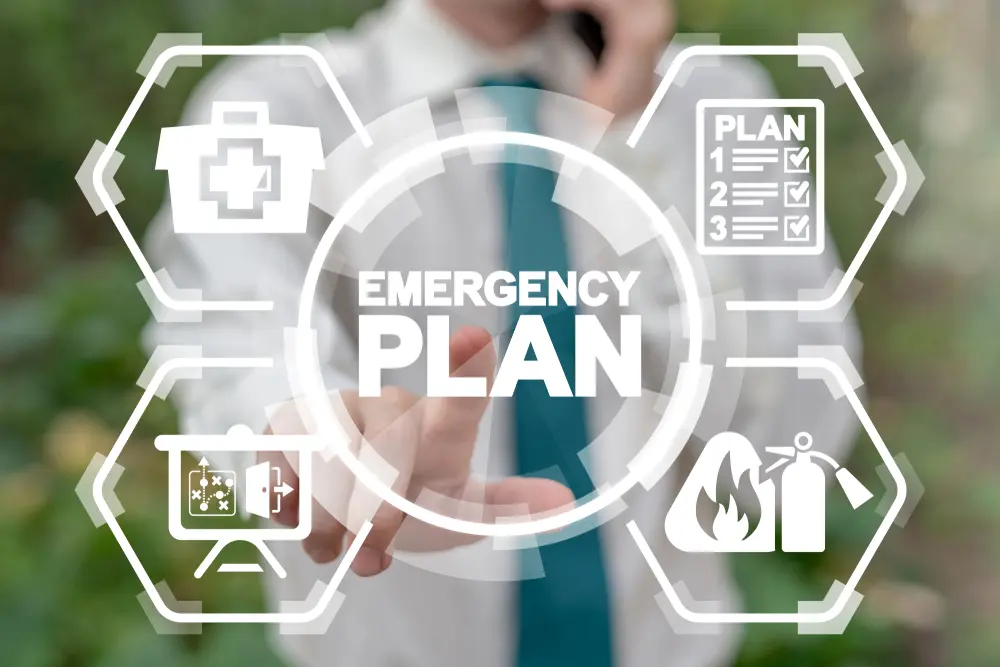In a world where unpredictability seems to be the only constant, being prepared for emergencies is no longer an option-- it's a necessity. WHether it's natural disasters, power outages, economic downturns, or unexpected accidents, having a proactive approach to handling emergencies can significantly mitigate their impact and ensure the safety and well-being of you and your loved ones.
Understanding the Need for Proactive Preparation
Emergencies can strike at any time, catching individuals and communities off guard. However, by adopting a proactive mindset and taking preemptive measures, individuals can better navigate these challenging situations.
Assessing Potential Risks
The first step towards proactive emergency preparation is understanding the risks specific to your region and lifestyle. Are you susceptible to earthquakes, hurricanes, floods, or wildfires? Identify potential hazards and evaluate the likelihood of these events occurring in your area.
Crafting a Thorough Emergency Plan
Formulating a comprehensive emergency plan is vital. This plan should cover an array of situations, including evacuation methods, communication strategies with loved ones or roommates, and emergency contact information. Regularly evaluate and refine this plan to accommodate any changes in circumstances or evolving risks.
Essential Steps in Proactive Prepping
Build an Emergency Kit
Assembling an emergency kit is fundamental. This kit should include essential items such as non-perishable food, water, a first-aid kit, flashlight, batteries, a multipurpose tool, medications, and important documents like identification papers and insurance policies. Tailor this kit to suit the needs of your household, including any pets.
Learn Essential Skills
Equipping yourself with basic survival skills can be invaluable during emergencies. Learning first aid, CPR, basic self-defense, and even simple skills like starting a fire or purifying water can make a significant difference when professional help is unavailable.
Safeguard Your Home and Finances
To avoid potential risks, take proactive steps to secure your home and financial well-being. Consider installing smoke detectors, fortifying doors and windows, and securing heavy furniture to prevent damage. Investing in sufficient insurance coverage can also provide peace of mind in case of unexpected events. Moreover, maintaining an emergency fund can serve as a financial safety net during difficult times, providing a sense of security and stability.
Stay Informed and Stay Connected
Remaining informed about potential threats and staying updated on news and weather forecasts is essential. Utilize various communication channels, including local news, weather alerts, and emergency notification systems, to stay informed. Additionally, establish multiple means of communication with family and friends in case traditional channels are disrupted.
Conclusion
Preparing proactively for emergencies isn't abbout succumbing to fear; it's about taking control and ensuring a level of resilience in the face of uncertainty. By investing time and effort into proactive preparation, individuals and communities can significantly reduce the impact of emergencies and increase their ability to recover swiftly.
To be truly prepared, you need to make it a habit to constantly reassess potential risks, improve your plans, and adjust your preparedness strategies to match the changing landscape. By taking proactive steps now, you'll be better equipped to handle the unforeseen obstacles that may arise in the future.
Support My Journey 
If you’ve enjoyed this article, please consider donating! I’m saving up to buy a used car to keep my travels (and stories) rolling. Every little bit helps — and is deeply appreciated. GoGetFunding


